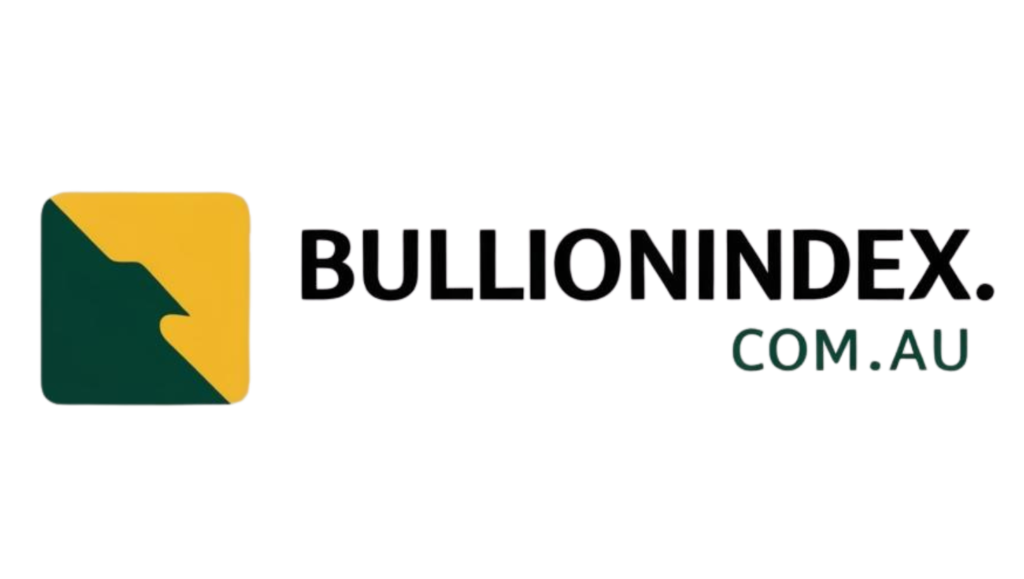Platinum Group Metals, a Canadian company, has joined forces with a Saudi Arabian firm in a groundbreaking partnership to establish a smelter and refinery in the Middle East. This collaboration aims to leverage the potential of the South African Waterberg mine, a project with a substantial capital expenditure of nearly $1 billion. However, the venture faces a significant challenge due to trade restrictions on the export of unrefined precious metals imposed by South Africa.
BMO Capital Markets mining analyst Raj Ray highlighted the crucial requirement for long-term export approval from South Africa to facilitate the processing of Waterberg concentrate in Saudi Arabia. The success of this initiative hinges on securing the export permit from the South African government, a prerequisite for the project’s advancement.
The partnership with Ajlan & Bros, a prominent investment holding company in Riyadh managing assets exceeding $15 billion, involves a joint effort to conduct a $4 million feasibility study. This study, split evenly between the two entities, explores the potential for a joint venture to secure concentrate offtake from Platinum Group’s Waterberg PGM project.
The feasibility study conducted in September revealed promising prospects, projecting a 54-year mine life with a consistent annual production of platinum, palladium, rhodium, and gold. The estimated production levels indicate a peak output of 432,950 ounces, underlining the significant value of the Waterberg mine.
Despite ongoing negotiations with South African authorities, Platinum Group Metals is actively exploring local beneficiation options and striving to obtain the necessary export permits. CEO Frank Hallam emphasized the critical importance of resolving the export approval issue to unlock the full potential of the Waterberg project.
Waterberg, situated within the Bushveld Igneous Complex, boasts one of South Africa’s largest untapped PGM resources. With proven and probable reserves amounting to 246.2 million tonnes, the mine represents a strategic asset with substantial metal reserves, reinforcing its significance in the industry.
The capital cost for the Waterberg project is estimated at $946 million, with a substantial investment required during the peak operational phase. The project’s economic viability is underscored by the projected after-tax cash flow potential of $6.5 billion over the mine’s lifespan, supported by competitive on-site cash costs and all-in sustaining costs.
Ajlan & Bros, in collaboration with Platinum Group Metals, is spearheading the initiative to complete a definitive feasibility study for the smelter project. The strategic alliance aims to diversify feedstock sources by recycling PGM-bearing materials from automotive and petrochemical catalysts, reducing reliance on Waterberg concentrate.
The project aligns with Saudi Arabia’s Vision 2030 strategy, focusing on expanding the mining and industrial sectors. This initiative falls under the Global Supply Chain Resilience Initiative, designed to fortify supply chains, attract export-oriented investments, and drive economic diversification.
Platinum Group Metals’ shares closed at C$2.25 apiece, reflecting stability in market valuation amid the ongoing developments. The company’s market capitalization stands at C$253.9 million, illustrating investor confidence in the strategic direction and potential growth opportunities associated with the Waterberg project.
📰 Related Articles
- Platinum and Palladium: Rising Investment Prospects in Precious Metals
- Platinum Magazine Explores Midlife Financial Strategies with Focus on Precious Metals
- Middle East Travel Industry Adapts Amid Regional Crisis
- Marmota Enters Strategic Partnership with G4 Metals for West Melton Copper Tenement Sale
- How World Business Impacts Middle East Security Amid Yemen Conflict






